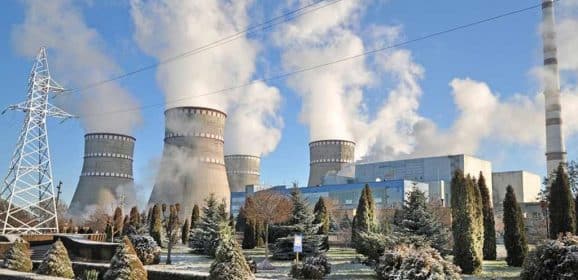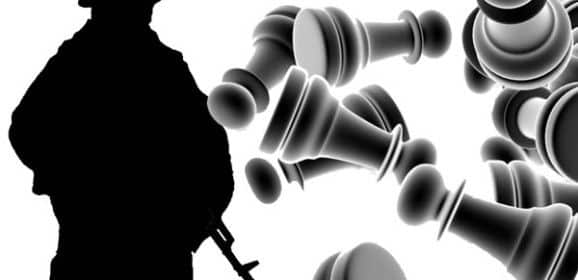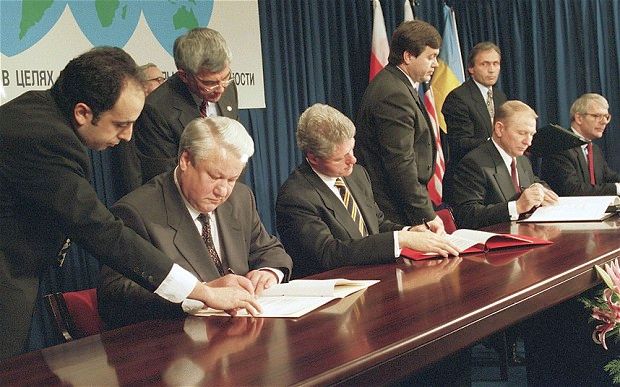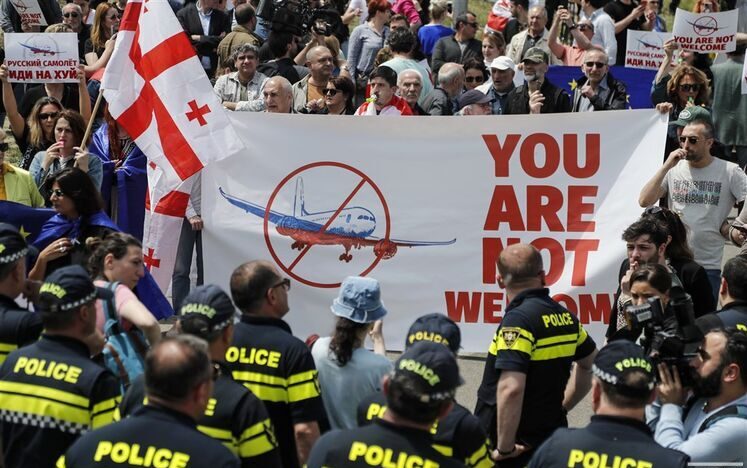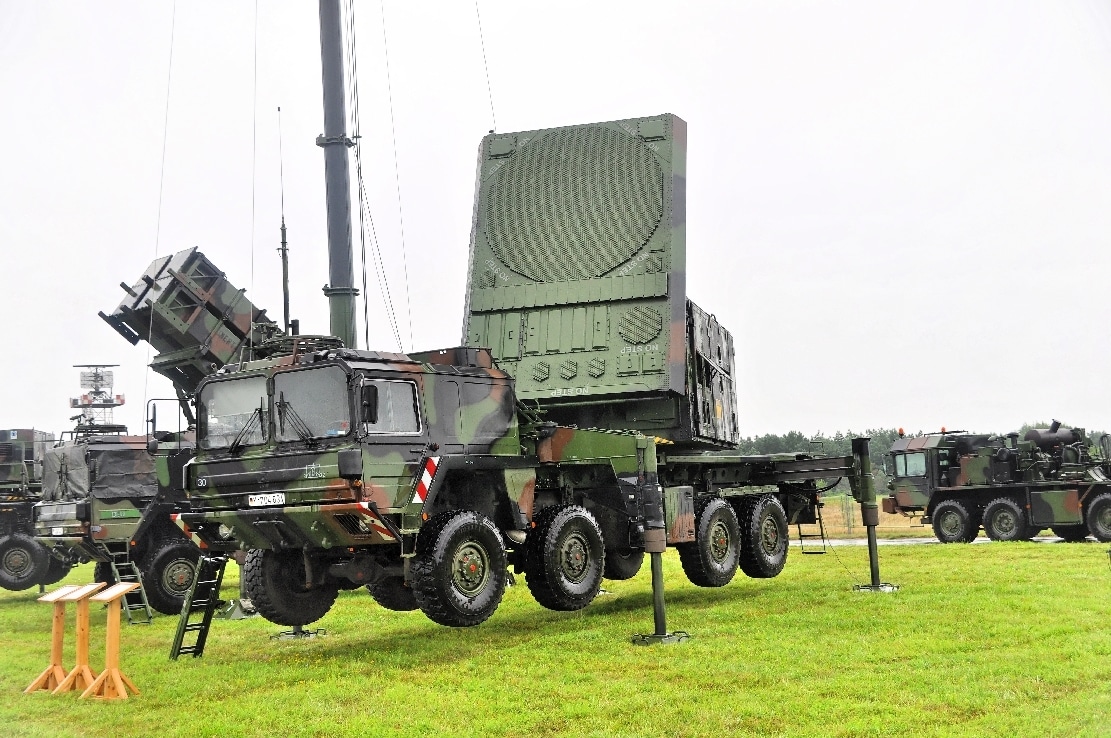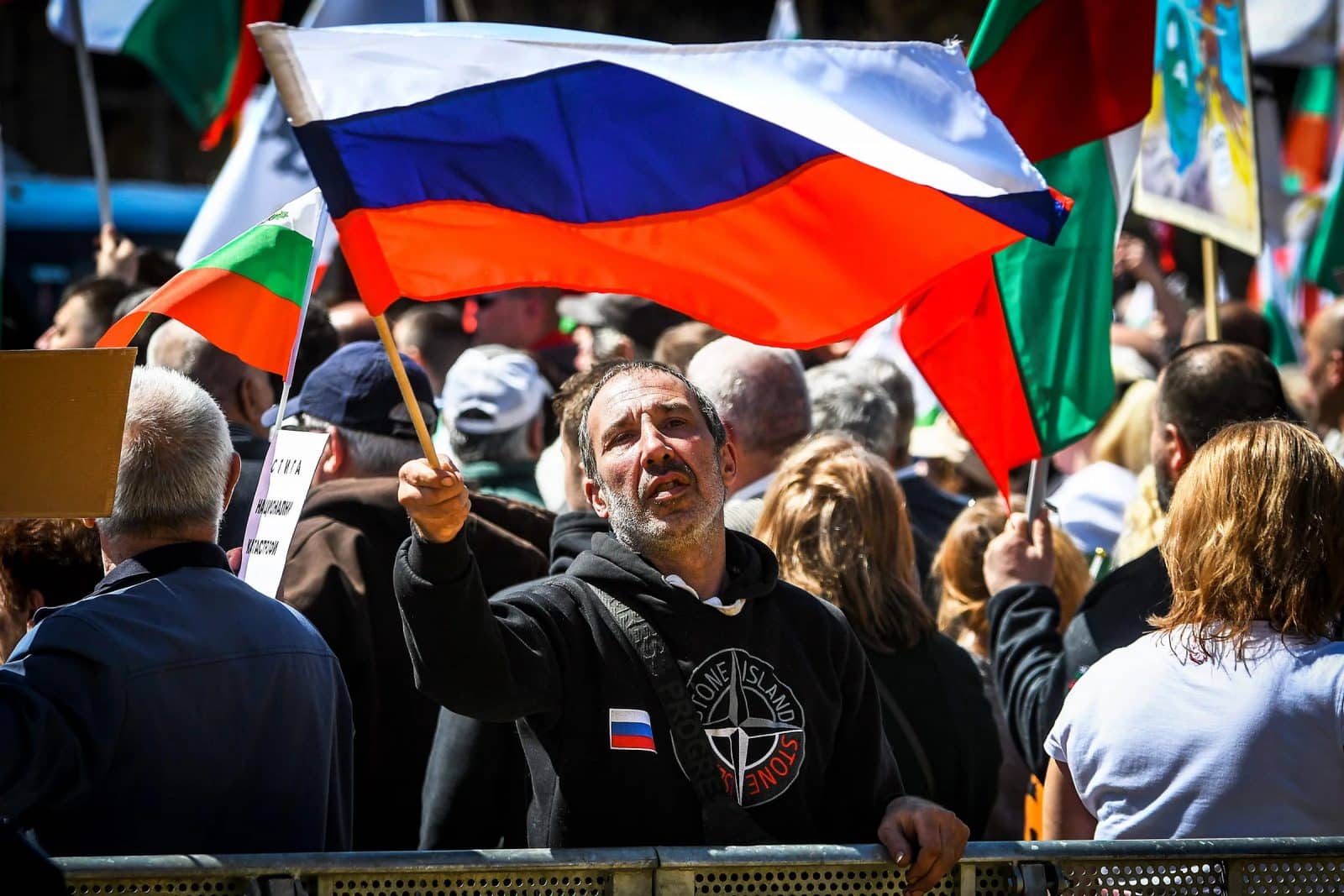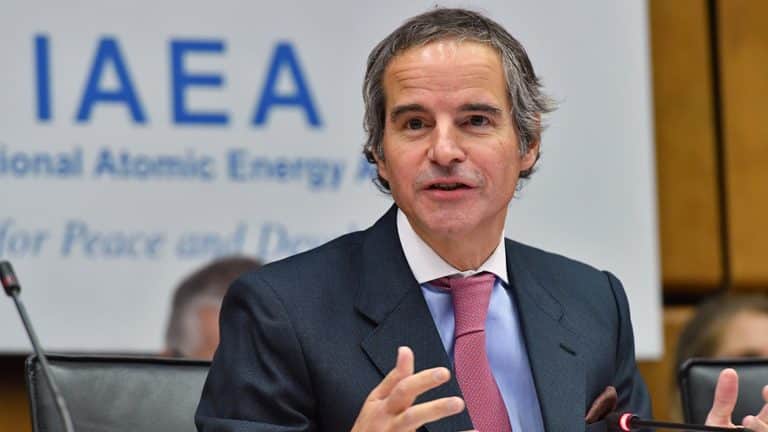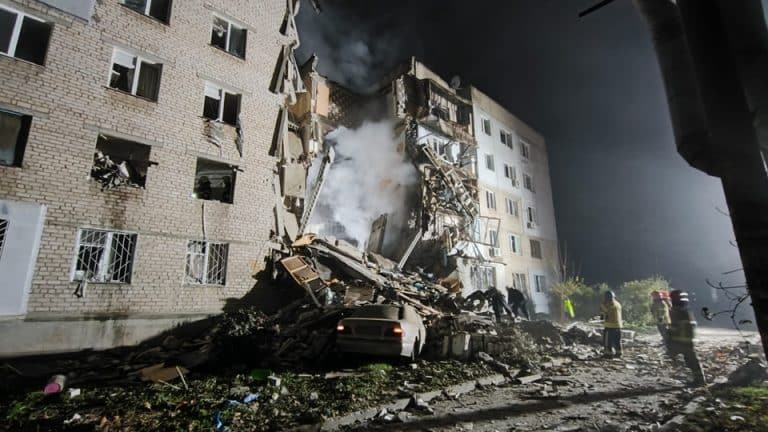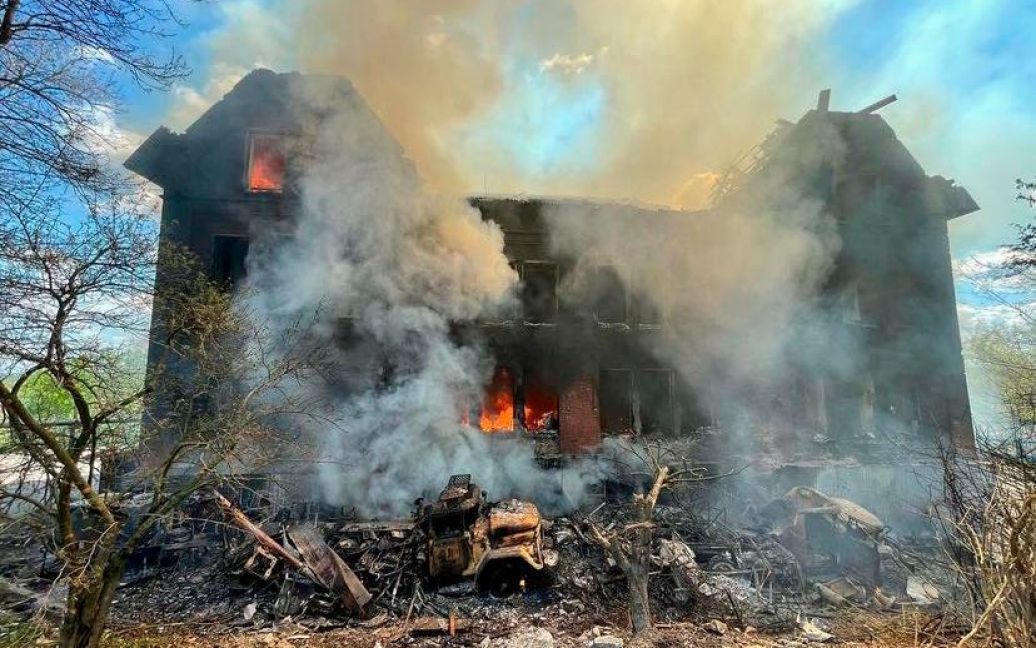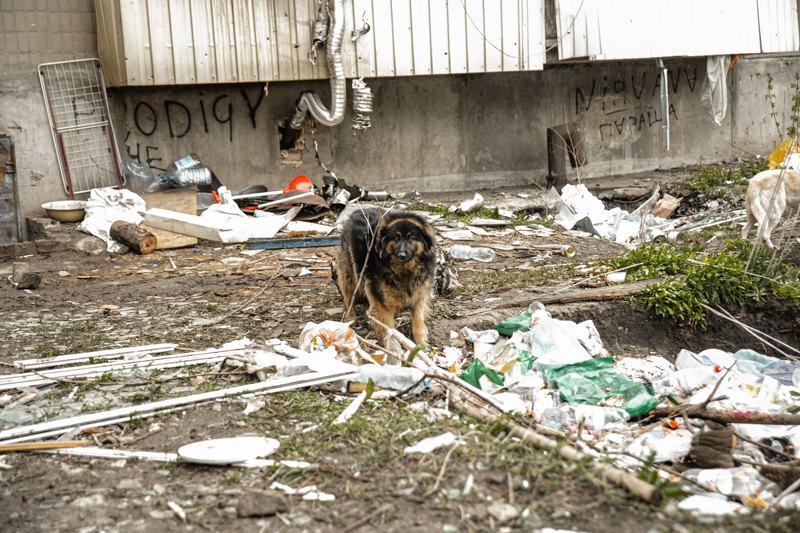Section: Research & Analysis
Budapest Memorandum, or who betrayed Ukraine
Yuriy Kostenko Member of the Parliament of Ukraine of five convocations (1990-2012), he served as Minister of Environmental Protection and Nuclear Safety from 1992 to 1998, the first head of the Ukrainian government delegation to the negotiations with the Russian Federation in Moscow on nuclear disarmament (1992-1993), head of the Ukrainian...
Georgia is open to enemies. Why are flights and the visit of Russian Foreign Minister’s family not the last steps toward Russia?
Protests outside the parliament, airport and hotel blockades, clashes with the police, and the arrest of protesters — in recent days, Georgia has once again heated up. These mass protests have two causes. It is noteworthy that they are not formally related but have coincided in time. The first is the resumption of air communication between...
Hunting for Patriot and disrupting the counteroffensive. How Russia is changing the targets of missile strikes
Since the end of April, Russia has resumed mass shelling of Ukraine. After a failed attempt to destroy the energy system, it is evident that Russians have stockpiled missiles for other tasks. Details about Russia’s plans and the shattered Russian myth used to intimidate NATO are presented in the material by RBC-Ukraine. Starting on April...
“Bulgaria for peace.” The Kremlin found a new job for “anti-vaxxers”
Who and why is organizing a referendum in Bulgaria? With the approach of a counteroffensive, Moscow is making maximum efforts to disrupt its preparation, particularly the supply of weapons and equipment to Ukraine by Western partners. Everything is being used to achieve this, primarily pro-Russian forces in the European Union and NATO countries....
Words and actions of Rafael Grossi. Whom does the Director General of the IAEA serve?
What is wrong with the position of the IAEA regarding the nuclear threats from Russia? On March 10, the Board of Governors of the International Atomic Energy Agency (IAEA) endorsed the reappointment of Rafael Grossi as the Director General. After another terrorist shelling by Russian troops on civilian infrastructure, which took place on March 9,...
Who will rebuild Ukraine? What does the arrival of the world’s largest investor mean?
In recent weeks, several events important for the economic recovery of Ukraine after its victory have taken place. The visits of Ukrainian President Volodymyr Zelenskyy to Italy and Germany, the first since the beginning of the full-scale phase of the Russian-Ukrainian war, were primarily viewed through the lens of purely security issues. For...
Cultural code: what is the significance of the Ukrainian embroidery ornament?
Every year on the third Thursday of May, Ukrainians traditionally wear embroidered shirts called “vyshyvanky”. This year, Vyshyvanka Day falls on May 18. The embroidered shirt has changed its place in the wardrobe from casual clothes to the most elegant ones. Ukrainska Pravda (Ukrainian news website) talked to Lesia Voroniuk, one of...
Systematizing chaos: how the system of control over the reconstruction of war-damaged facilities will work
In Ukraine, a digital platform has been created to gather all information about the reconstruction of war-damaged or destroyed objects. How will it operate? Why are we talking about this? If you ask a Ukrainian to explain how the war-damaged housing and infrastructure will be reconstructed, they are unlikely to be able to do so. A citizen may...
How are cats, dogs, and sometimes ducks, chickens, goats, chinchillas, and parrots evacuated from the combat zone to a safe place?
Mykhailo and Lyuba were walking across a broken bridge. Back in January, the temperature dropped to — 18°. And the ice held the pieces together like cement. A month ago, Zabakhmutka could be reached by car, but now it’s no longer possible. The day before, when they were looking for a way to the most shelled area of Bakhmut, the military...
A source of non-knowledge: the history of Ukraine in European school textbooks
Manipulations with historical arguments in international relations are far from being a new phenomenon. However, with the spread of information technologies, it has become even more extensive and temptingly accessible, thus posing a danger. Another proof of this is Russian propaganda, which largely relies on pseudo-historical speculations and...

